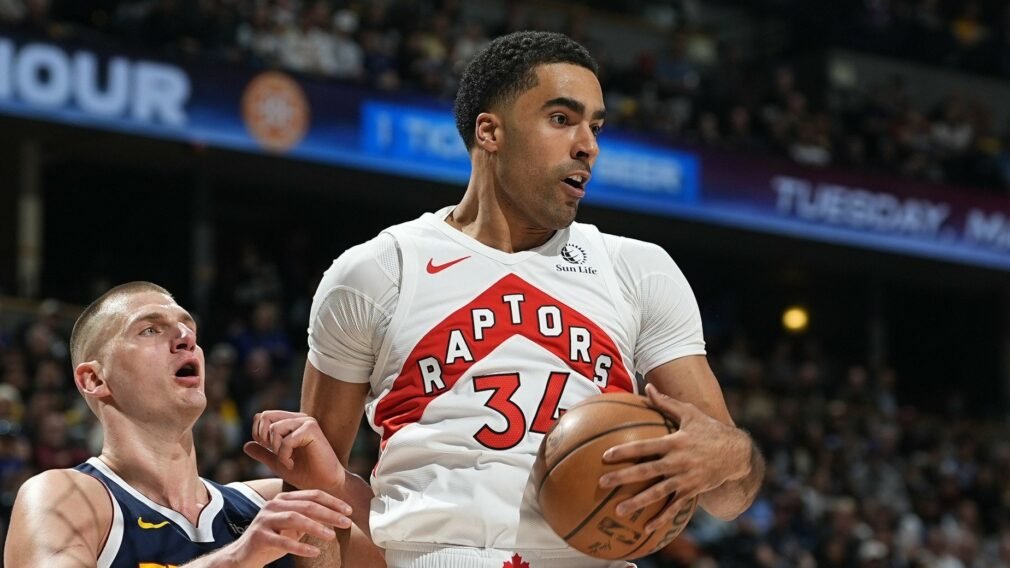Betting Scandals Tarnish the Industry’s Image. How Can It Fight Back?
Betting scandals are casting a dark shadow over the sports betting industry, where public and legislative perception is a critical battleground. In 2025 alone, we’ve already witnessed several controversies that do the industry no favors.

Scandals Erode Trust in a Fragile Industry
The sports betting industry’s standing hinges heavily on how local communities and lawmakers perceive it. Opposition from religious groups, fears of rising addiction risks, and concerns about the impact of betting on sports integrity all shape the current and future legal landscape.
The legal, regulated industry is built on the promise of fair and safe gameplay, standing in contrast to offshore operators. This promise is, at its core, the heart of the deal.
Illegal operators also have platforms, better or worse, where you can bet on game outcomes at varying odds, mirroring the legal industry in many ways.
Safety and fairness are the cornerstones of the legal market. Without them, there’d be no reason to regulate or curb the offshore market. Safety, alongside tax revenue, is a key counterargument to legislators’ concerns about gambling addiction spreading with legalization. Operators argue it’s the opposite: legal markets enable concrete steps to combat addiction.
High-Profile Failures Shake the Pillars of Fairness
Yet, these cornerstones are shaken when the industry’s integrity and safety mechanisms fail, especially involving top-tier athletes where operator safeguards falter.
In 2025, we’ve seen several such cases reverberate through the media. The loudest involves an investigation into Terry Rozier, with federal investigators probing betting patterns from a March 2023 game involving the current Miami Heat player. This probe ties to a broader investigation linked to Jontay Porter’s lifetime NBA ban, one of last year’s biggest stories. Launched in January 2025, the investigation hasn’t led to charges against Rozier, and the NBA cleared him of violations.
Soon after, an MLB scandal rocked baseball: umpire Pat Hoberg was fired in February for sharing his legal betting accounts with a friend who bet on baseball, including games Hoberg officiated. Though no evidence showed Hoberg bet or manipulated games, he deleted messages relevant to the league’s investigation.
That same month, Fresno State University launched probes into players Mykell Robinson and Jalen Weaver for betting on their own performances via Daily Fantasy Sports. Robinson was removed from the roster, Weaver admitted to a $50 bet, and another player, Zaon Collins, faces scrutiny for allegedly betting on pro sports. The NCAA’s investigation continues.
Meanwhile, the University of New Orleans suspended four players, passing findings to the NCAA, though details remain undisclosed.
From Porter to Ohtani: A Call for Proactive Change
These incidents play out in the shadow of last year’s biggest scandal: Jontay Porter, former Toronto Raptors center, banned for life by the NBA for a betting scheme and later pleading guilty to conspiracy to commit wire fraud.
The case didn’t end with Porter’s ban. In January 2025, Shane Hennen, linked to the scandal, was arrested at Las Vegas airport and is negotiating a plea deal on money laundering and wire fraud charges, likely avoiding trial. The broader network involved is still under scrutiny. Porter awaits sentencing, delayed from December 2024 to May 20, then December 10.
Rivaling Porter’s case is Shohei Ohtani’s scandal, where his former interpreter, Ippei Mizuhara, was fired in March 2024 after stealing nearly $17 million from Ohtani’s account to pay illegal gambling debts. Mizuhara was sentenced to nearly five years in prison.
These cases shock for dual reasons: highly paid athletes and staff tied to top leagues engage in betting or schemes that skirt competition integrity, while young college athletes fall into addiction traps, risking their careers. These scandals expose industry flaws from multiple angles, undermining years of efforts to promote fairness and player safety.
Daily Fantasy Sports and prop bets, like those in the Robinson-Weaver case, are frequent targets due to their high addiction risk, tying outcomes to single players. The NCAA has long pushed for states to ban prop bets on college athletes, with 15 states, including New York and Massachusetts, already complying.
Recently, the NCAA signed a deal with Genius Sports, a data provider for betting operators, which seems to contradict its stance but includes a clause: Genius Sports gets full data access only if it blocks operators from offering bets on individual college players.
“NCAA data will only be available to sportsbooks if they remove risky bets from their platforms and agree to fully cooperate with NCAA investigations and provide key information, including geolocation data and device records,” said Tim Buckley, NCAA’s senior VP for external affairs. “The NCAA retains the right to terminate any sportsbook data license if integrity protections are violated, ensuring real accountability.”
Still, accusations against the industry persist, exemplified by a lawsuit against FanDuel and DraftKings in Baltimore. Ultimately, the industry must consistently stand on the right side. Talking about responsible gaming and integrity isn’t enough, especially amid scandals like these. Concrete actions are needed to prove the industry is proactive, aware of issues, and working to address them.
FanDuel deserves credit here, recently expanding tools for players to track spending and control betting behavior. The industry must act preemptively, not just react, clearly distinguishing legal operators from offshore ones. Only then can betting scandals fail to overshadow the pillars of what legal operators offer.
Recommended
